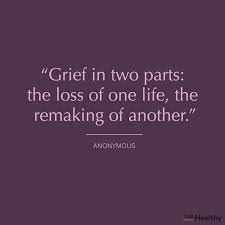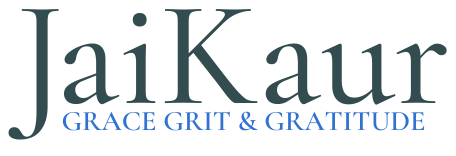It’s that time of year in New England when building a fire in the wood stove is part of my daily morning routine. The warmth of a wood stove fire is the best and helps mitigate the grey and cold that are hallmarks of New England winters.
Many of the people I am working with these days come looking for help with a loss. That’s not how they language it; they say they are seeking relief from sadness or anxiety, fear, or even anger. Sometimes it’s the loss of a marriage or the anxiety of divorce. Sometimes it’s the lingering sadness when children grow up and out, or the surprisingly hard impact of a parent’s death. Sometimes it’s realizing that childhood ghosts are compromising their life or happiness, what I term “legacy patterns”. Whatever the source of loss, navigating the loss by themselves isn’t working and they feel lost. The brave reach out for help, though they don’t call it brave. Instead, they ask me what is wrong with them, feeling like a fool for not being able to control their emotions.
I’ve come to realize that while we may be wired to avoid risk and loss, happiness in life and love requires we navigate the scary, humbling, and often lonely terrain of loss and the emotional rollercoaster of grief. In order to realize what we seek better in life or love, we need to put aside our desire to avoid risk and loss and pick up our courage and faith. And, befriend our emotions, not ignore, deflect, or dismiss them. Grief is the word we use for navigating loss and it’s attending emotions and grief received and engaged will change your life for the better.

The kissing cousin of loss is change, for loss requires change and change requires loss. If we don’t update what I call life’s software-the beliefs underlying our choices from our childhood-we will find ourself unhappy in some part of our adult life. The beliefs we form in childhood are formed when we had little power of our own. And unless we update our beliefs to reflect the power and choices we have now as adults, we will wonder why we feel helpless and hopeless to create what we want in life or love.
Change is not easy; it requires choosing to take up risk, some trust in yourself and life, and valuing yourself as worthy of better. This is also where having support is helpful; having someone holding faith and trust in you helps bridge between where you are and where you want to be in your life. It is what parents do for their children, athletic coaches do for their players, and teachers do for their students. There is no one right way to create the changes for the better we all seek at times in our life, but a form of consistent support is pretty much essential for true change to be realized.
Lots in our world is a-changing and so lots of loss is occurring beyond the losses encountered in simply living one’s life. Yet loss offers us a gift, a gift we wouldn’t choose most likely, but a gift nonetheless. The gift of a heart broken by loss can be a heart which as it mends invites us into becoming a bigger, wiser person. And while that can read like a masochistic defense of the benefits of change initiated by loss, life’s seeking of balance can be reassuring at times of loss. Meaning, life’s commitment to balance means that where there is loss, gain too will present itself, just not always in the way we may at first seek.
